(ECNS) – China will maintain its climate change strategy and continue to promote carbon peak and carbon neutrality goals, said an official at a forum held on Saturday in Beijing.
China has always been and will continue to be a key participator, contributor and pioneer in global climate governance, firmly implementing the 2015 Paris Agreement regardless of climate policy rollbacks in other countries, said Xie Zhenhua, China's special envoy for climate change.
At present, global climate change has evolved from a challenge to an impending crisis, Xie said, adding that in face of climate change, no country can manage alone or stand aloof, and upholding multilateralism and win-win cooperation is the only choice for all.
He pointed out the necessity to pursue both current development and long-term transition and establish a fair and reasonable global climate governance system to boost green, low-carbon, innovative and sustainable development, ensuring a shared future for humankind.
China has always taken concrete actions to contribute to global efforts on mitigating climate change, Xie said.
Official data showed China's carbon emissions per unit of gross domestic product declined by 48.4 percent in 2020 from 2005 levels, exceeding its commitment of a cut of 40 percent to 45 percent, equivalent to a reduction of about 5.79 billion metric tons of carbon emissions.
China’s energy structure was further optimized, with the proportion of coal in primary energy dropping from 72 percent to 56 percent, and the proportion of non-fossil energy in primary energy increasing from 7.4 percent to 15.9 percent.
Experts from Indonesia, South Africa and other countries also shared their experiences at the forum, and explored sustainable development paths for developing countries to jointly address climate change.
Djauhari Oratmangun, Indonesian ambassador to China, said that Indonesia has made commitments to reducing carbon emissions, and that the Indonesian government has ratified the Paris Agreement in 2016.
Indonesia has also formulated the National Medium Term Development Plan 2020-2024, which mentioned the country’s efforts to promote environment and improve resilience to natural disasters and climate change, he said.
Under the challenge of COVID-19, Indonesia has found development momentum through low-carbon industries, including building renewable energy, standardizing waste management, and developing green industrial zones, he added.
As the current presidency of G20, Indonesia will take energy transition as one of three G20 priorities, the ambassador said.
This year's G20 summit is expected to bring all member states together to discuss carbon emission reductions, advance investment plans to cut coal-fired power plants, and further support green energy transition.
"Currently, southern Africa is experiencing a variety of extreme weather events," said Siyabonga Cyprian Cwele, South Africa's ambassador to China.
These extreme weather events have caused widespread damage, infrastructure damage, and deaths. Developing countries have insufficient funds to adapt to global climate change. At the same time, the pandemic has further consumed limited national resources, while developed countries have failed to fulfill their funding obligations, Cwele said.
He said South Africa is committed to addressing climate change based on the principles of science and fairness, aiming to achieve the goal of carbon neutrality by 2050.
"Our strategy not only focuses on emission reduction in energy and transportation sectors, but also includes industry and other sectors, including in agriculture, forestry and land use," the ambassador added.
Climate change is a global issue that requires collective action to achieve carbon neutrality. Coordinated action will ultimately lead to victory, he added.








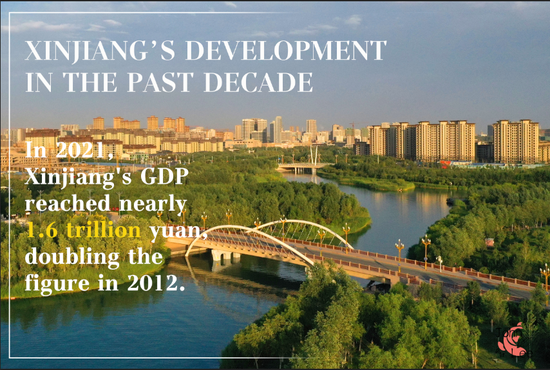
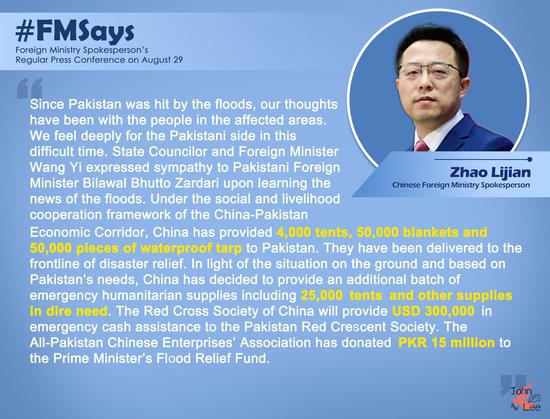












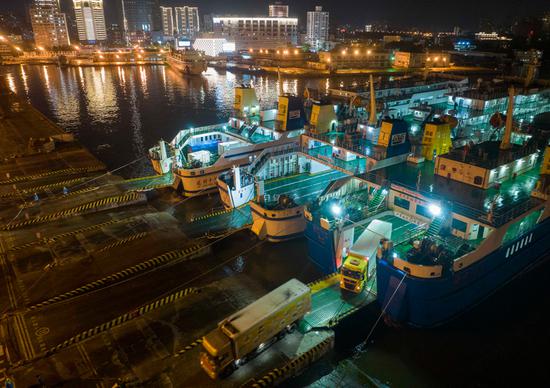








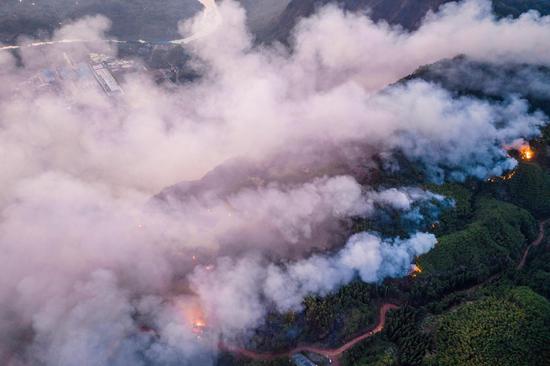
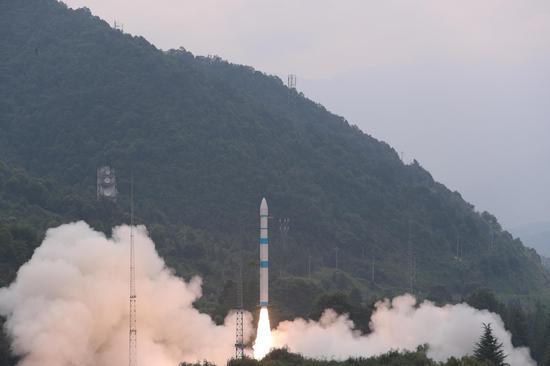

















 京公网安备 11010202009201号
京公网安备 11010202009201号